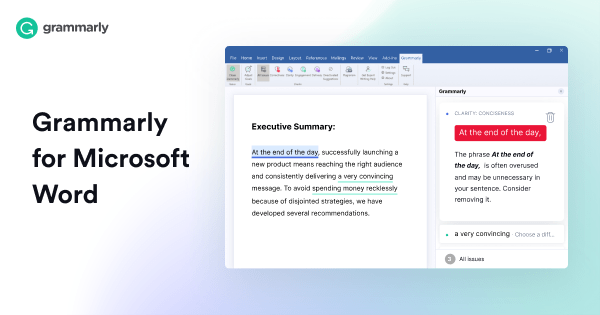


Microsoft Word is available practically everywhere, It comes standard on many PCs, You can typically find it on your work computer, The computers at school and your home PC, This makes it easy to save the documents on a flash drive, take them with you and work on them somewhere else, If you need to do some work, you can usually find a computer with Microsoft Word on it. (My own latest copy of Word won’t launch a new blank document without demanding that I identify which of a half-dozen kinds of project files-most of which are meaningless to me-I’m trying to create.You can use thesaurus feature when your words run out, The images and the figures can be attached and laid out easily, Copying the documents is fast and easy, Copies can easily be made which saves on printing and it is much easier to do, Microsoft Word can save multiple versions of documents and easily sort them so that you can go back to the previous versions of the same document. One national sportswriter told me he writes everything in TextEdit, because it goes easy on memory and it opens and closes in a snap. Some people have already moved on to a post-Word world. “On page 9, you wrote ‘11,’ so I changed it to ‘eleven,’ do you understand?” Yes, yes, house style, got it. No change is too small to pass without the writer’s explicit approval, and the editor is psychopathically unwilling to accept a blanket concession: “On page 5: our house style is ‘eleven,’ not ‘11,’ so I changed your ‘11’ to ‘eleven.’ Do you understand?” Yes, OK, sure. Word’s idea of effective collaboration is its Track Changes feature, which makes an uneventful edit read like a color-coded transcript of an argument between the world’s most narcissistic writer and the world’s most pedantic and passive-aggressive copy editor.


 0 kommentar(er)
0 kommentar(er)
